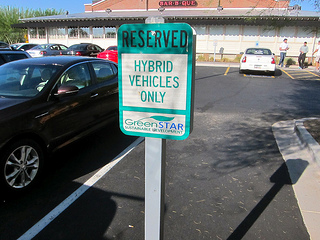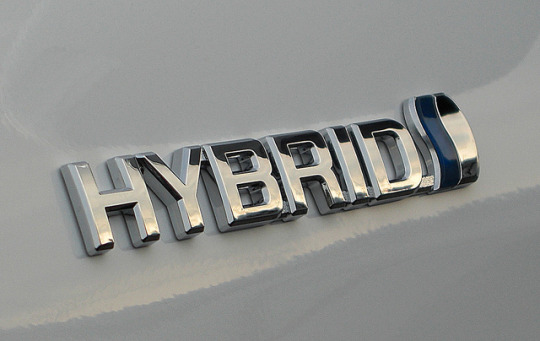
These days, most everyone’s game with the idea of conserving energy – and those who haven’t yet embraced it aren’t far behind. It makes sense, especially when you throw in the surging cost of gas. But are hybrid cars worth the extra money? Or are you better off driving a traditional combustion engine? Here are a few critical pros and cons you should consider before you buy a hybrid car.
The Pros
- Better gas mileage. Saving money on gas is one of the principal reasons why a lot of people buy hybrids. The best selling hybrid car on the market, the Toyota Prius, gets 51 miles per gallon in the city and 48 on the highway. That’s an average of 50 m.p.g. When you compare that to the average 24.9 miles per gallon that you get from the average new car, you’re talking double the mileage. Of course, you have to weigh this against the fact that hybrids can cost anywhere from $2,000 to $10,000 more to buy.
- Lower emissions. Hybrid cars aren’t emission free, but they put out a greatly decreased amount of pollutants, emitting half the amount of carbon monoxide than traditional cars. This is a major selling point among those who want to embrace a greener lifestyle.
- Car insurance discounts. A growing number of insurance companies are now offering discounts to customers who drive hybrid vehicles. Travelers, for example, offers a 10 percent discount if you own or lease a hybrid – and through Farmers you can get 5 percent off.

The Cons
- Less horsepower. Hybrid cars have smaller engines, and are thus far less likely to give you that satisfactory feel of having your head snap back against the headrest when you floor the accelerator. Gearheads and speed racers need not apply.
- Battery replacement costs. Dropping a new battery into a traditional car will run you anywhere from $50 to $150, depending on what you drive. Hybrid car batteries, while said to last around 8 to 10 years, average around $3,000 to replace.
- Dwindling tax credits. Just a few years ago, buying a hybrid car made you eligible for tax credits up to $3,400. But as of December 31, 2010, the hybrid car tax credit expired. The fed still offers tax credits for plug-in hybrids, but those are typically a lot more expensive. The bestselling plug-in hybrid today is the Chevy Volt, which has an MSRP of $34,185.
Determining if buying a hybrid will pay off in the long run depends on a number of factors, not the least of which include your driving habits and your desire to decrease your carbon footprint. There’s also the cost of service to bear in mind, which isn’t an issue when it comes to routine maintenance but which could cost you big bucks if you need major work. To get an accurate idea of just how much maintenance and repair will cost for a hybrid, check out Openbay.
With Openbay, customers can compare pricing and book service from quality local shops with the click of a button. Openbay is car repair for today’s world.
